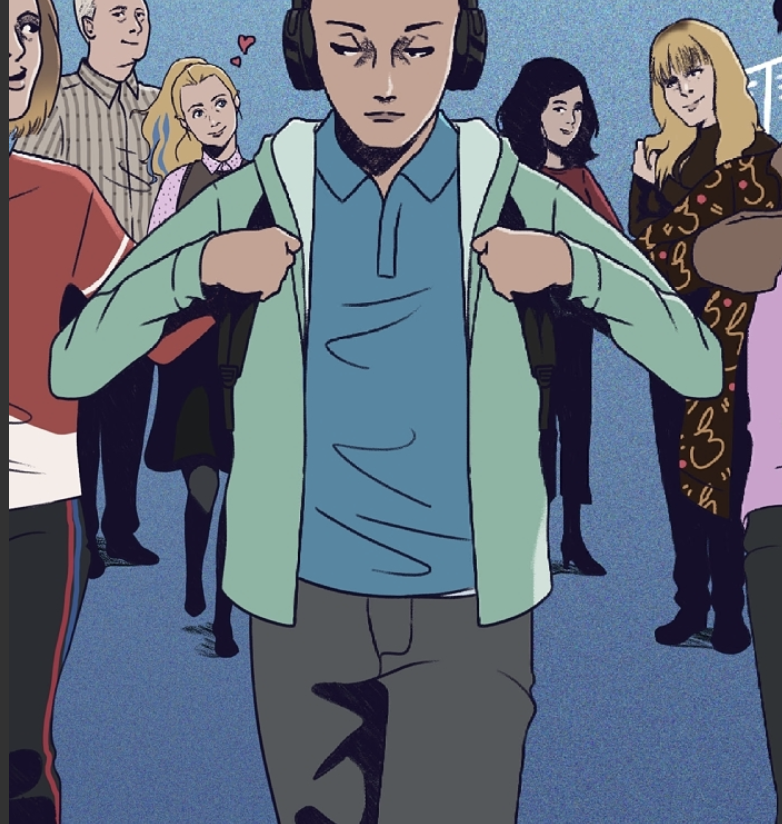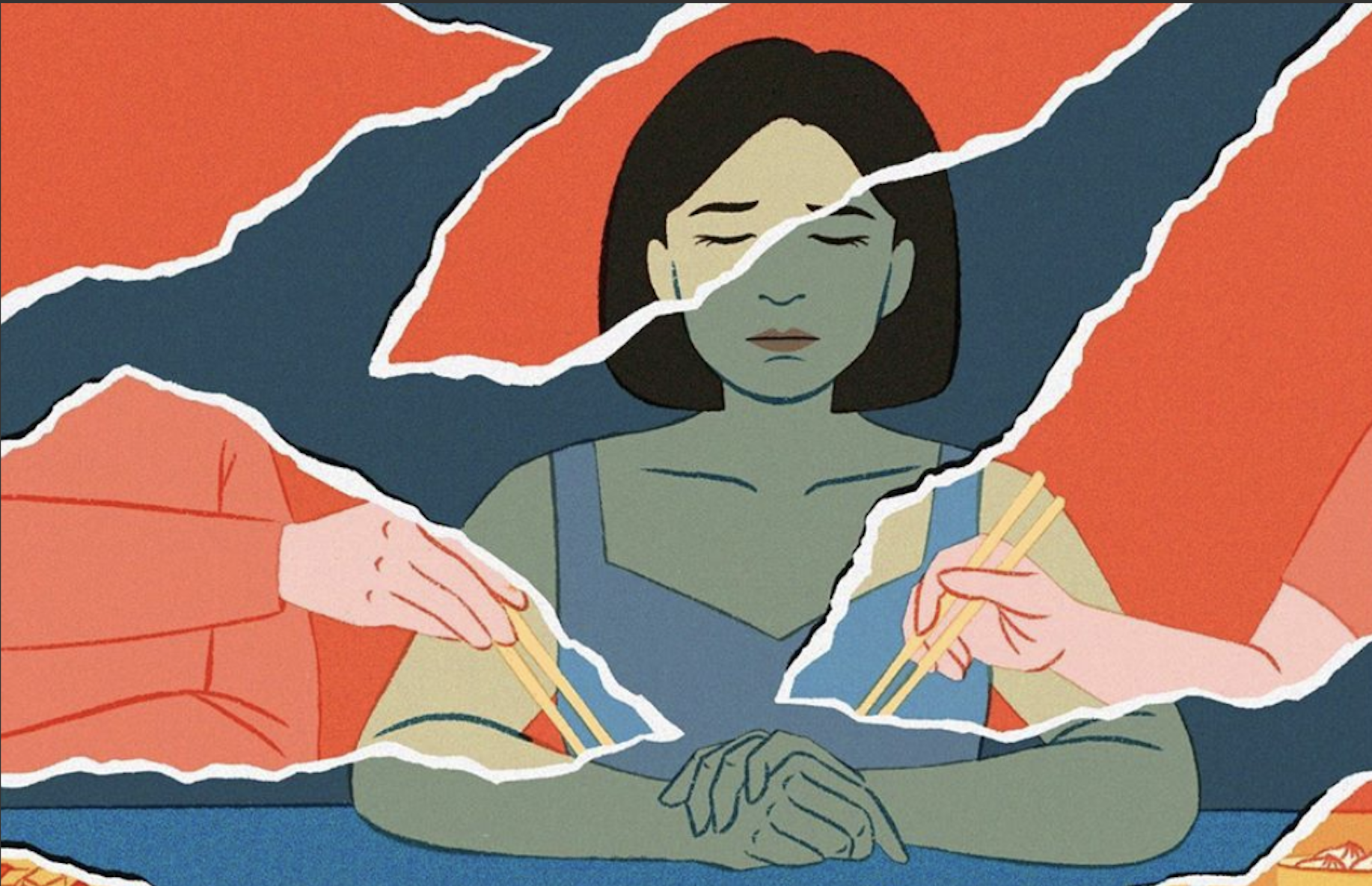Mental Illness and Psychiatric Disability in Collegiate Spaces
What Is It?

Why Is It Important For College Students to Understand?

How Does This Affect Diverse Student Populations?

Mental illness, also called mental health disorders, refers to a wide range of mental health conditions — disorders that affect your mood, thinking and behavior.
Similarly a psychological disability or psychiatric disability refers to a spectrum of mental disorders or conditions that influence our emotions, cognitions, and/or behaviors. Psychological disabilities can include depression, anxiety, schizophrenia, and bipolar disorder.
The primary diagnoses among college students include depression, bipolar disorder and post-traumatic stress disorder (PTSD).
Reasons a majority of mentally ill students are no longer attending college because they lost their financial aid and/or scholarships as a result of receiving a low GPA or changing to part-time student status.
According to the National Alliance of Mental Illness (NAMI) over 45 percent of those who stopped attending college because of mental health related reasons did not receive accommodations.
Similarly, 50 percent of them did not access mental health services and supports.
The nature of social categorizations such as race, class, and gender are interconnected. Considering how they apply to a given individual or group, they are regarded as creating overlapping and interdependent systems of discrimination or disadvantage.
Along with experiencing the stigmatizing factors associated with mental illness, marginalized individuals must also take on the stressors caused by interlocking systems of oppression like racism, sexism, ableism, homophobia etc. both inside and outside of their respective social groups.
What is Required of Universities Under Americans With Disabilities Act
Universities must provide Reasonable accommodation to students with disabilities. Schools must make reasonable modifications in their practices, policies, and procedures and to provide auxiliary aids and services for persons with disabilities. Information about these conditions can be found at your college disability resource center.
Cognitive Difficulties Students Frequently Receive Accommodations For
- Screening out environmental stimuli
- Difficulty with interacting with others
- Fear of authority figures
- Difficulty handling change
- Difficulty with medication side effects
To get accommodations you must tell the school that you have a mental health condition. Every college has its own procedures on how to obtain services.
Identify what you need. Students must identify their needs and discuss with a disability service caseworker about whether those needs are feasible. The caseworker also makes sure that the accomidations don’t serve to enable disability symptoms.
Register with the disability resource center. To be eligible for accommodations, you will need to register with your school’s disability resource center or disabilities office.
Provide documentation. The college disability resource center will ask you to document that you have a mental health condition.
This documentation should provide enough information for you and your school to select appropriate accommodations.
Your documentation will need to contain the following:
- Documentation showing your diagnosis
- Types of academic accommodations that have worked for you in the past
- Types of academic accommodations you anticipate needing in college
- How your illness can contribute to your success in college
- How your ability to learn and study effectively is impacted
Documentation can typically be obtained through:
- Primary care physicians
- Psychiatric nurse practitioners
- Psychologists
- Psychiatrists
- Clinical social workers
- Licensed professional counselors
The accommodations you receive will depend on how much help you need and what your school is able to provide. You will be expected to learn from the same curriculum and master the same content as other students.
You should, however, be allowed assistance in the following ways:
- Arranging for priority registration
- Reducing course load
- Substituting one course for another
- Providing transportation services
- Allowing note-takers and recording devices
- Allowing the student to work from home
- Extending time for testing
- Extending deadlines for assignments
